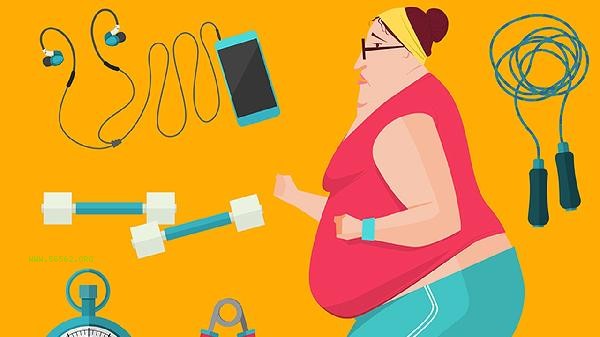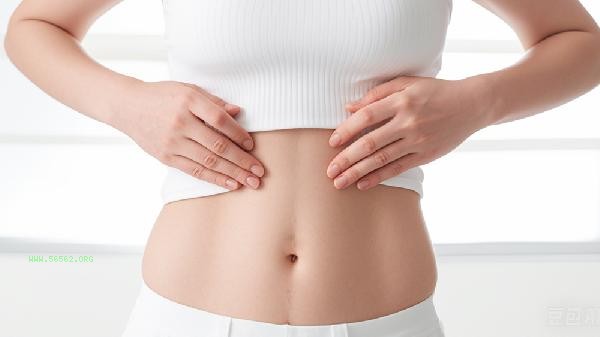During menstruation, weight loss can be maintained by adjusting diet structure, supplementing iron, choosing low GI foods, increasing high-quality protein in moderation, and controlling total calorie intake. The metabolic rate slightly increases during menstruation, but it is necessary to avoid high sugar and high-fat foods that worsen edema and hunger.

1. Adjusting dietary structure:
It is recommended to increase the proportion of whole grains and vegetables during menstruation, such as oats, brown rice, broccoli and other foods rich in dietary fiber, which can enhance satiety and relieve constipation. Reduce intake of refined carbohydrates to avoid binge eating tendencies caused by blood sugar fluctuations.
2. Supplementing iron:
Menstrual iron loss may lead to fatigue. Choose high-fat foods such as lean meat, animal liver, spinach, etc., and combine them with vitamin C to promote absorption. Avoid consuming beverages such as coffee and strong tea that affect iron absorption at the same time.
3. Low glycemic index staple food selection:

Prioritize consuming low glycemic index staple foods such as sweet potatoes, quinoa, and chickpeas, which slowly release energy and help stabilize emotions and appetite. This type of food takes a long time to digest and can reduce snack intake between meals.
4. Increase high-quality protein:
Increasing the intake of fish, chicken breast, and soy products in moderation can increase the metabolic consumption of protein by 5-10% due to its thermal effect. Protein can also promote serotonin synthesis and alleviate menstrual irritability.
5. Control total calories: Although the basal metabolic rate may increase by 5-10% during menstruation, it is still necessary to maintain a daily calorie deficit of 300-500 calories. Food intake can be recorded by weighing food to avoid overeating caused by increased appetite.
During menstruation, special attention should be paid to balanced nutrition, drinking no less than 2000 milliliters of water per day to aid metabolism, and supplementing magnesium in moderation to alleviate dysmenorrhea. It is recommended to choose low-intensity activities such as yoga and walking for exercise to avoid exacerbating discomfort with vigorous exercise. If there is severe edema or a tendency towards overeating, one can temporarily maintain their weight without pursuing weight loss, and continue with the weight loss plan after the end of their menstrual period. Periodic weight fluctuations are a normal phenomenon and there is no need to be anxious about short-term numerical changes.





Comments (0)
Leave a Comment
No comments yet
Be the first to share your thoughts!